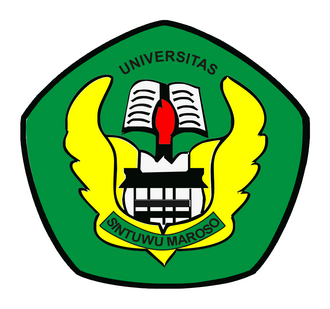| MENU |
| Aims and Scope |
| Editorial Board |
| Reviewers |
| Author Guidelines |
| Peer Review Process |
| Submission |
| Author Fees |
| Publication Ethics |
| Plagiarism Policy |
| Open Access Policy |
| About The Journal |
| IELA TEMPLATE |
| Author Guideline |
| IELA (Indonesian English Lecture Association) |
 |
| EDITING TOOLS |
 |
 |
| This Journal Indexed By |
 |
| INFORMATION |
| For Readers |
| For Authors |
| For Librarians |



